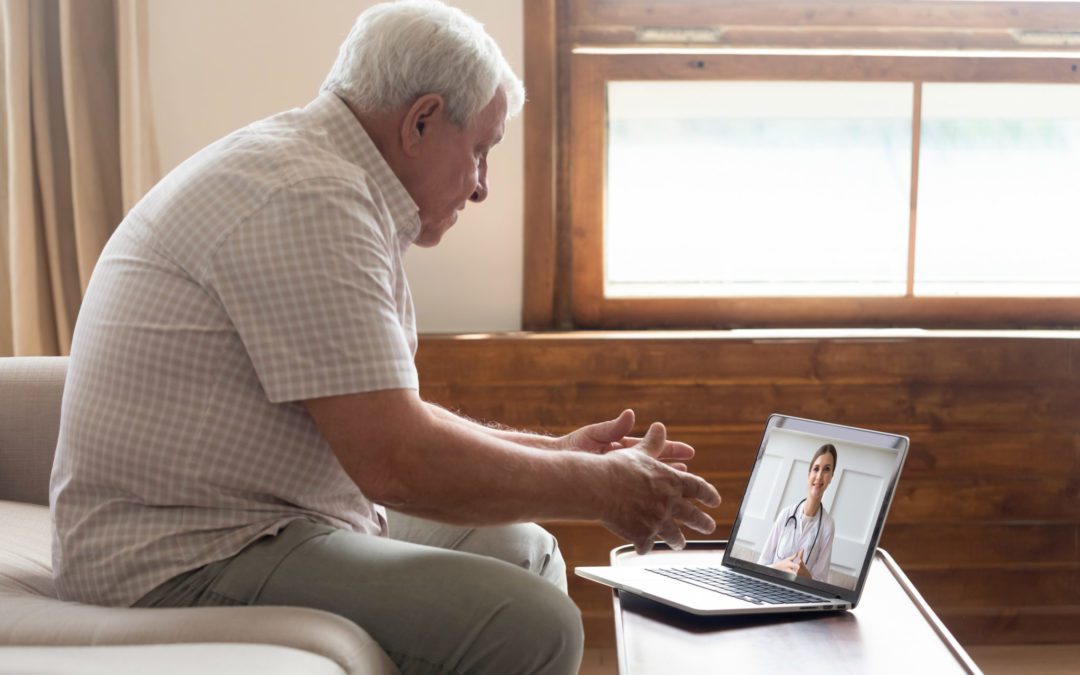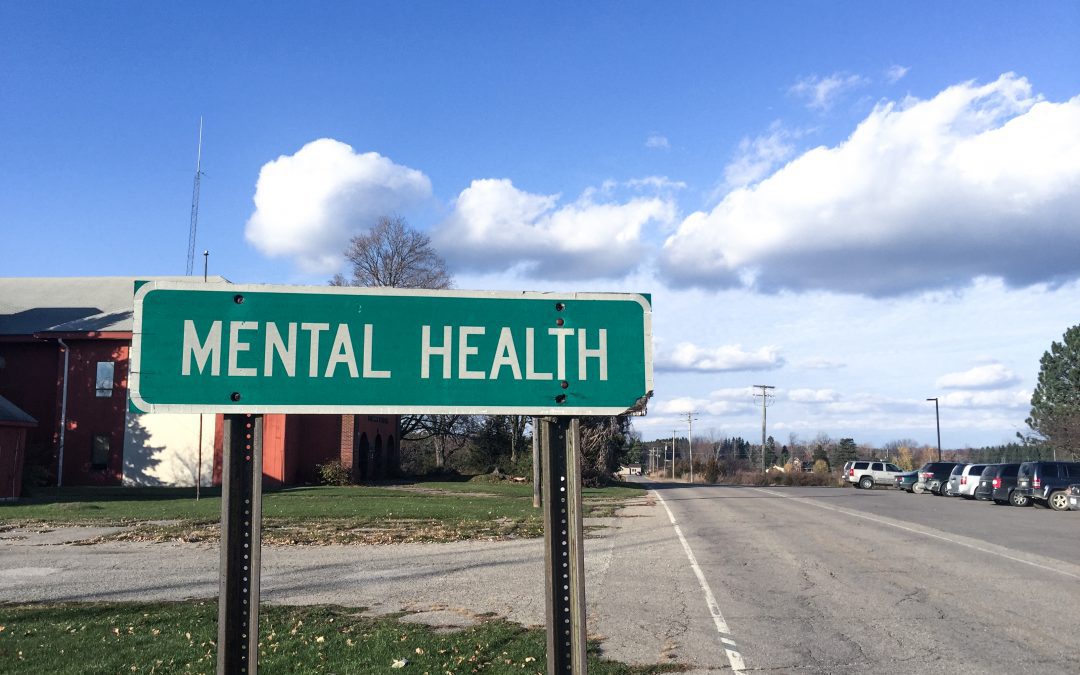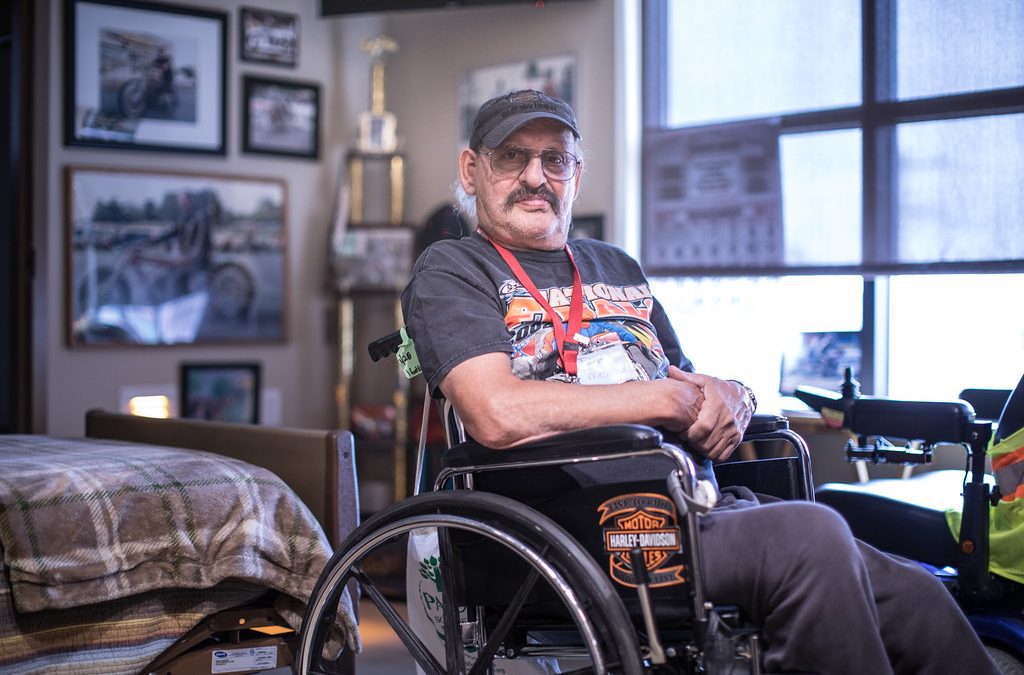
Lessons from Michigan’s rapid telehealth transition
Key lessons and feedback from an early 2020 collaborative telehealth funding initiative in Michigan.

Key lessons and feedback from an early 2020 collaborative telehealth funding initiative in Michigan.

A Family Medical Center of Michigan (FMC) initiative expands behavioral healthcare for students through a telehealth-based model. Learn about it through our case study and toolkit.

Atlas of Care took an innovative approach to increasing awareness and building a sense of connectivity in the world of caregiving.

Our 2020 report looks at the current state of transportation in Michigan, highlights some of our past funding, and provides a guide future investments.

The Health Fund and four other funders are joining together to support 61 Michigan health organizations as they ramp up telehealth efforts. The nearly $3 million of grants will help patients access critical care without putting themselves, their families, or their doctors at risk.

38% of Michigan residents with a mental illness and 80% with a substance use disorder are not receiving treatment.

In 2016, Washtenaw County Community Mental Health’s Correctional Care Integration Project sought to improve health outcomes by integrating a Health Information Exchange into adult and youth correctional facilities in Washtenaw County.

The Home-Based Transitional Telecare project is helping recently discharged older veterans address medication issues, avoid in-home risks, and return to their pre-hospital-stay selves, while demonstrating important findings about how clinicians can effectively use telehealth-enabled tablets and wearable sensors with this population.

Wayne State University’s High Touch High Tech (HT2) initiative uses a tablet-administered tool, the Mommy Checkup app, to screen expectant mothers for mental health and substance use-related risk.